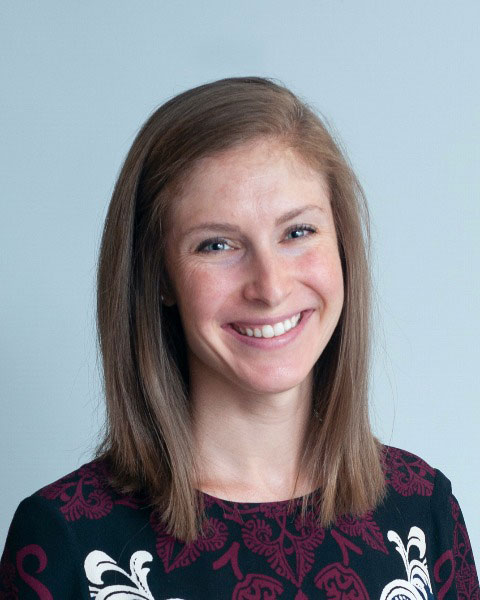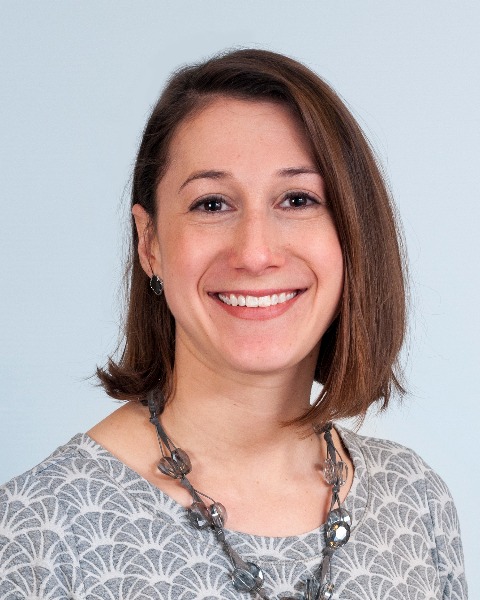Symposia
Technology/Digital Health
1 - (SYM 124) Feasibility, Acceptability, and Preliminary Efficacy of a Smartphone App-led Cognitive Behavioral Therapy for Depression Under Therapist Supervision
.jpg)
Sabine Wilhelm, Ph.D. (she/her/hers)
Professor, HMS; Chief of Psychology, MGH; Director, Center for Digital Mental Health, MGH
Harvard Medical School
Boston, Massachusetts, United States
Emily E. Bernstein, Ph.D. (she/her/hers)
Clinical Psychologist
Massachusetts General Hospital/Harvard Medical School
SOMERVILLE, Massachusetts, United States
Kate H. Bentley, Ph.D. (she/her/hers)
Assistant Professor
Massachusetts General Hospital/Harvard Medical School
Boston, Massachusetts, United States- IS
Ivar Snorrason, PhD (he/him/his)
Staff Psychologist
Massachusetts General Hospital / Harvard Medical School
Boston, Massachusetts, United States - SH
Susanne S. Hoeppner, Ph.D., M.Ap.Stat.
Biostatistician epidemiologist
Massachusetts General Hospital
Boston, Massachusetts, United States - TM
Thomas McCoy, MD
Assistant Professor of Psychiatry
Massachusetts General Hospital / Harvard Medical School
Boston, Massachusetts, United States - OH
Oliver Harrison, MA, MBBS, MPH
CEO
Koa Health
Barcelona, Catalonia, Spain - DK
Dalton Klare, M.A., M.S. (he/him/his)
Data Analyst/Clinical Data Manager
Massachusetts General Hospital
Boston, Massachusetts, United States - JG
Jennifer L. L. Greenberg, Psy.D.
Psychologist/Assistant Professor
Massachusetts General Hospital/Harvard Medical School
Boston, Massachusetts, United States 
Hilary Weingarden, Ph.D. (she/her/hers)
Psychologist/Assistant Professor
Massachusetts General Hospital
Boston, Massachusetts, United States
Speaker(s)
Co-author(s)
Digital tools could improve the major depressive disorder (MDD) treatment gap by reducing the length and number of therapy sessions needed for effective treatment through provision of flexible, automated support. The aim of this 8-week open trial (n = 28) was to examine the feasibility, acceptability and preliminary clinical effect of Mindset for Depression, a commercially available smartphone-based cognitive behavior therapy (CBT) supported by brief (16-25 min) virtual appointments with a therapist. The app was developed via academic-industry partnership to maximize clinical and scientific rigor as well as viability as a real-world, scalable, and sustainable treatment option. The app offers flexible, accessible psychoeducation, CBT skills practice, and support to patients as well as clinician guidance to promote sustained engagement, monitor safety, and tailor treatment to individual patient needs. Treatment credibility, expectancy, and satisfaction were moderate to high, and attrition was low (n = 2; 7%). Participants self-reported using the app or practicing (either on or off the app) the CBT skills taught in the app for a median of 50 (week 4) or 60 (week 8) minutes per week; participants accessed the app on an average 36.8 (SD = 10.0) days and completed a median of 7 out of 8 steps (interquartile range (IQR): [6, 8]) by the week 8 assessment. The app was rated positively across domains of engagement, functionality, aesthetics, and information. Participants’ depression severity scores decreased from an average HAM-D score indicating moderate depression (M = 19.1, SD = 5.0) at baseline to a week 8 mean score indicating mild depression (M = 10.8, SD = 6.1), d = 1.47, p < .0001. Improvement was also observed for functional impairment and quality of life. Gains were maintained at 3-month follow-up. The results show that Mindset for Depression is a feasible and acceptable treatment option for individuals with MDD. This smartphone-led treatment holds promise to be an efficacious, scalable, and cost-effective treatment option.

.png)
